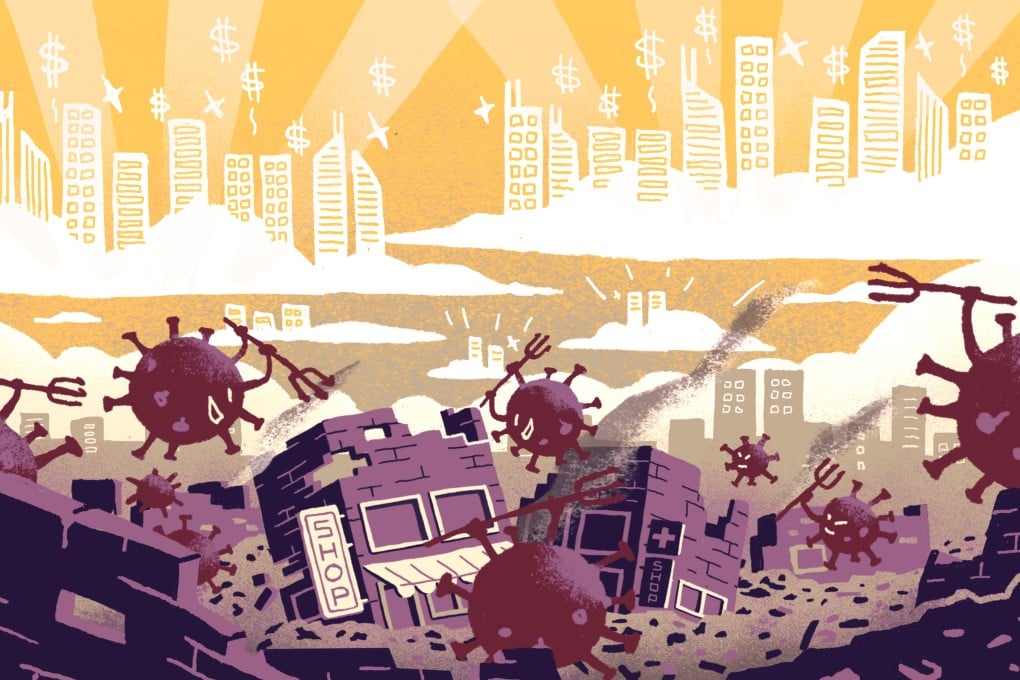Advertisement
Will the coronavirus crisis, like Sars, give birth to the next big thing in China tech?
- This is the fourth in a series on the impact of the coronavirus on China's technology sector
- Online businesses are seeing a surge in users, but will they be able to repeat the success of e-commerce in China during the Sars outbreak?
Reading Time:7 minutes
Why you can trust SCMP
0

Almost two decades ago, a deadly respiratory disease with flu-like symptoms swept across China, infecting more than 5,000 and killing almost 350 by July 2003.
When an employee at a fledging business-to-business (B2B) marketplace in Hangzhou showed symptoms in May 2003, the office was locked down and all 400 staff ordered to stay home as a safety precaution.
It threatened to spell the end of the four-year-old start-up but instead, the Sars epidemic of 2002 and 2003 became a “watershed moment” for Alibaba Group Holding, the parent company of the South China Morning Post.
The company pushed ahead with plans that month to launch Taobao, a consumer-facing shopping site. Employees brought their work home, and even family members pitched in, answering customer calls that had been redirected to residential numbers, according to Alizila, Alibaba’s news site.
Taobao was a success, helping Alibaba defeat eBay-backed EachNet, and eventually became one of the world’s largest e-commerce platforms.
Today, Alibaba is worth almost US$573 billion and its e-commerce platforms, including Taobao, processed a record 268.4 billion yuan (US$38.4 billion) in transactions during its 24-hour Singles’ Day promotion on November 11 last year.
Advertisement
Select Voice
Choose your listening speed
Get through articles 2-3x faster
1.1x
220 WPM
Slow
Normal
Fast
1.1x